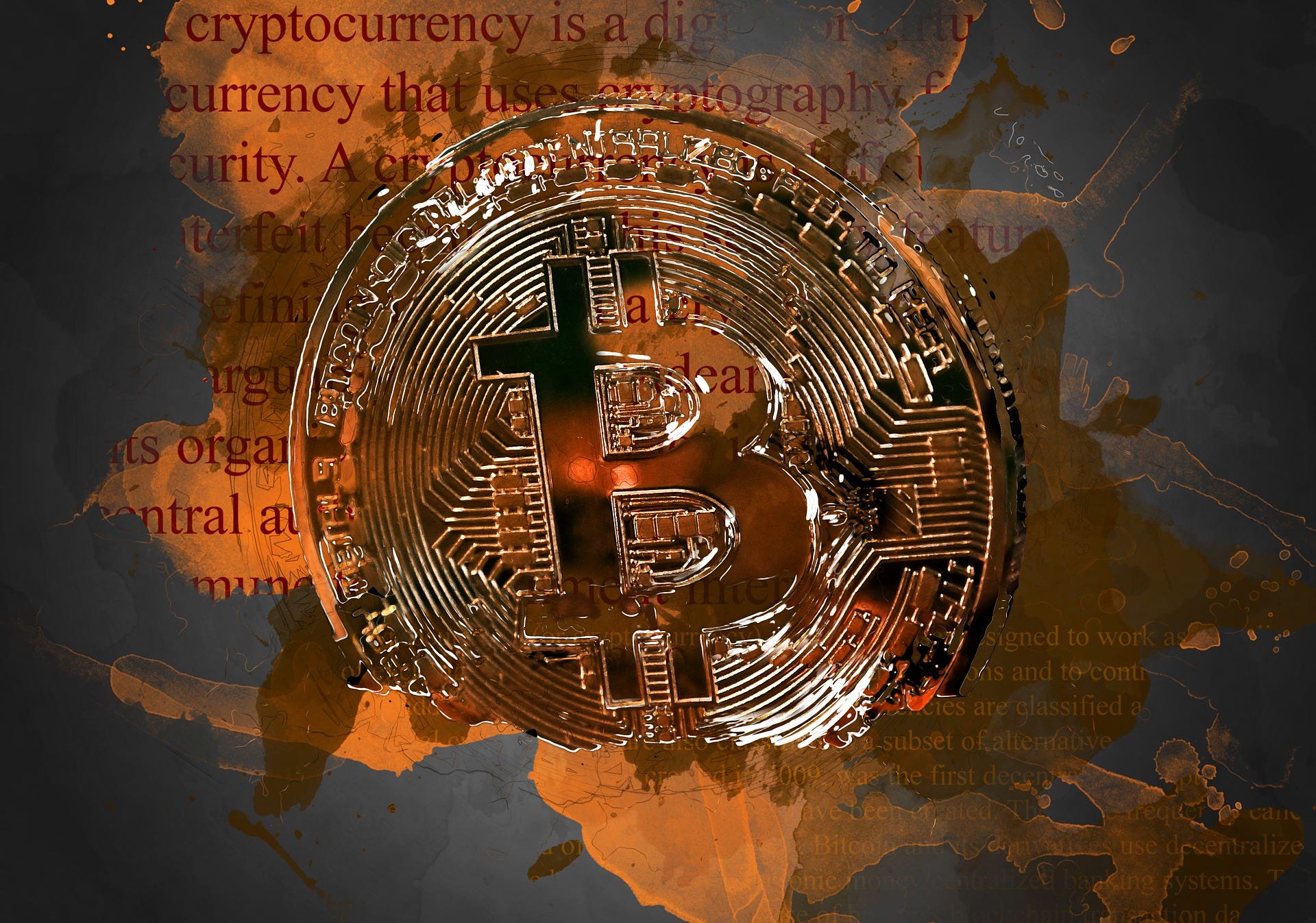PALO ALTO, Calif. (Reuters) - The Federal Reserve is looking at a broad range of concerns around digital payments and currencies, consisting of policy, style and legal factors to consider around possibly issuing its own digital currency, Governor Lael Brainard said on Wednesday. Brainard's remarks suggest more openness to the possibility of a Fed-issued digital coin than in the past." By transforming payments, digitalization has the potential to deliver higher worth and convenience at lower expense," Brainard stated at a conference on payments at the Stanford Graduate School of Company.
Main banks globally are debating how to handle digital finance technology and the distributed ledger systems used by bitcoin, which promises near-instantaneous payment at possibly low expense. The Fed is developing its own day-and-night real-time payments and settlement service and is presently reviewing 200 remark letters sent late last year about the proposed service's design and scope, Brainard said.
Less than two years ago Brainard informed a conference in San Francisco that there is "no engaging showed requirement" for such a coin. But that was prior to the scope of Facebook's digital currency aspirations were extensively understood. Fed authorities, including Brainard, have actually raised issues about customer defenses and data and personal privacy risks that might be posed by a currency that might come into use by the 3rd of the world's population that have Facebook accounts.
" We are teaming up with other main banks as we advance our understanding of reserve bank digital currencies," she said. With more countries looking into issuing their own digital currencies, Brainard stated, that adds to "a set of factors to also be making certain http://simonwiqs104.yousher.com/fedcoin-and-the-digital-dollar-explained-whatismoney-info that we are that frontier of both research and policy development." In the You can find out more United States, Brainard said, issues that need research study consist of whether a digital currency would make the payments system more secure or simpler, and whether it could position monetary stability dangers, consisting of the possibility of bank runs if cash can be turned "with a single swipe" into the main bank's digital currency.
To counter the financial damage from America's unprecedented national lockdown, the Federal Reserve has actually taken unprecedented actions, consisting of flooding the economy with dollars and investing straight in the economy. The majority of these relocations received grudging acceptance even from numerous Fed doubters, as they saw this stimulus as needed and something just the Fed could do.
My brand-new CEI report, "Government-Run Payment Systems Are Hazardous Additional resources at Any Speed: The Case Against Fedcoin and FedNow," details the threats of the Fed's current plans for its FedNow real-time payment system, and proposals for main bank-issued cryptocurrency that have been called Fedcoin or the "digital dollar." In my report, I go over concerns about personal privacy, data security, currency adjustment, and crowding out private-sector competitors and innovation.
Proponents of FedNow and Fedcoin say the federal government should produce a system for payments to deposit quickly, instead of motivate such systems in the economic sector by raising regulative barriers. But as noted in the paper, the private sector is offering a seemingly unlimited fed coin price supply of payment technologies and digital currencies to fix the problemto the degree it is a problemof the time gap between when a payment is sent and when it is received in a checking account.
And the examples of private-sector development in this location are numerous. The Clearing Home, a bank-held cooperative that has actually been routing interbank payments in various forms for more than 150 years, has been clearing real-time payments given that 2017. By the end of 2018 it was covering half of the deposit base in the U.S.
